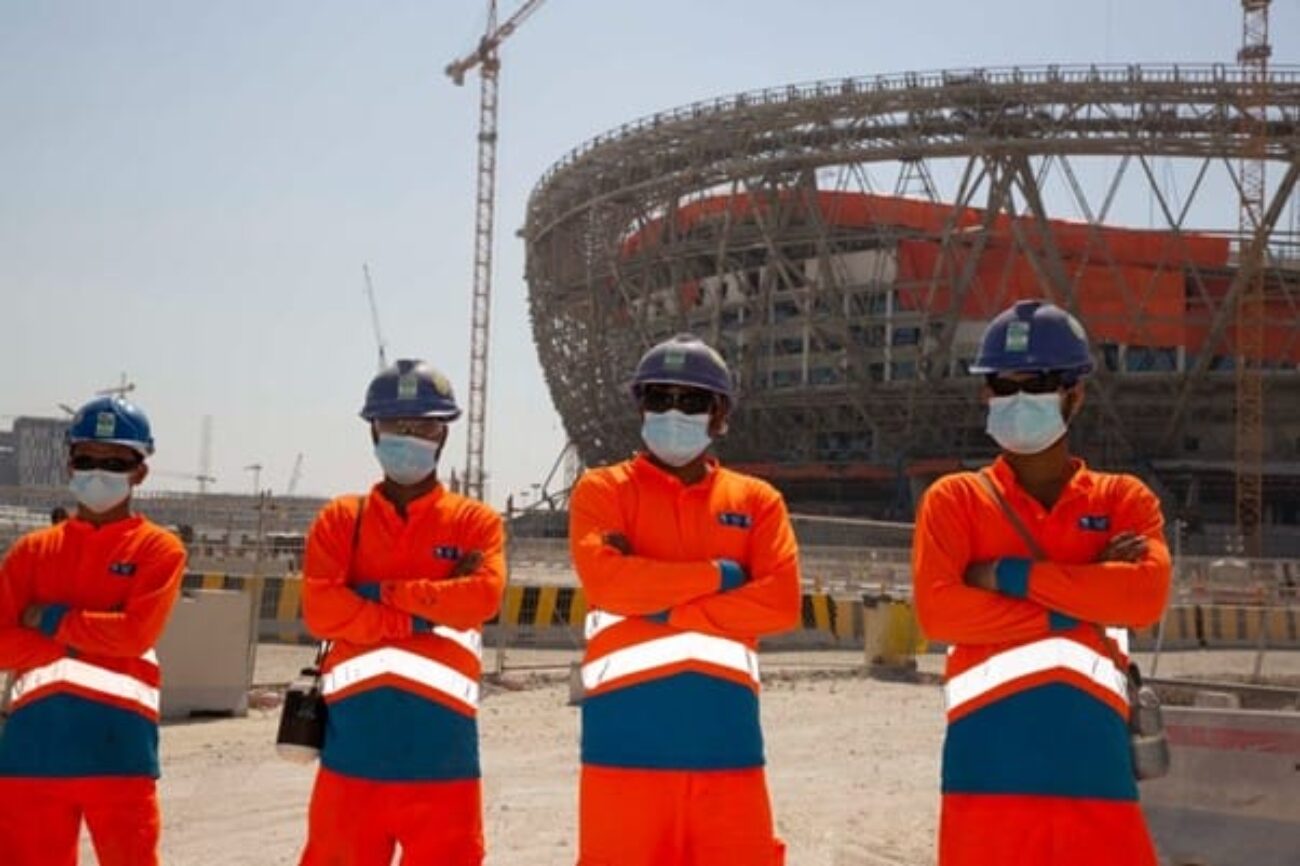
We are pleased to announce the publication of our fifth annual report in our role as External Monitor to the Supreme Committee for Delivery & Legacy in Qatar. This report highlights the Supreme Committee’s (SC) resilience in the face of the COVID-19 pandemic, maintaining comparable compliance results, year on year. This is a significant achievement, given that elsewhere the pandemic has highlighted and deepened worker welfare issues. That said, key challenges remain.
Some of our key findings include:
The impact of the pandemic
The COVID-19 pandemic profoundly impacted all areas of life globally. Migrant workers across the world have been particularly vulnerable to health, financial and human rights impacts. However, despite the challenges, the SC’s robust Worker Welfare Programme has proved effective in mitigating these impacts.
Contractor issues decreased, worker satisfaction at an all-time high
Overall, issues per contractor decreased this year and worker satisfaction increased to an all-time high over the four-year reporting period (up from 4.0/5 last year to 4.3/5 this year). This is a tribute to the SC’s prioritisation of worker welfare from the outset of the COVID-19 pandemic, and its rigorous Worker Welfare systems.
Over 90% of contractors visited now participates in the Universal Reimbursement Scheme
The SC has pioneered the reimbursement of recruitments fees through the SC Universal Reimbursement Scheme (SCURS) and this year further strengthened its implementation – 92% of contractors visited this year were participating in this scheme. The SC’s commitment to promote SCURS has led to some contractors extending SCURS beyond SC programmes and to non-SC workers.
Ethical recruitment remains a challenge
Key challenges remain for all actors working with migrant workforces, most particularly in reinforcing ethical recruitment to ensure that recruitment fees and related costs are prevented in labour source countries. 68% of workers interviewed still report having paid recruitment fees and related costs in their home countries. Additionally, important issues were found regarding ongoing retention of personal documents, and cases of delayed wage payments.
Making a significant difference in Qatar and beyond
Our recommendations to the SC include:
1. Ensuring legacy by working with the public and private sectors to advocate for worker welfare beyond SC projects and on a wider scale.
2. Reinforcing ethical recruitment by continuing to require contractors to use a transparent, open tender process for the selection of recruitment agencies and monitor its efficiency in establishing Ethical Recruitment practices. By investing in and fostering improved recruitment practices, the SC has the opportunity to demonstrate how the Tournament can make a significant difference both in Qatar and beyond.
3. Providing sustainable solutions to recurring problems by continuing to explore further targeted training programmes as an effective way to help ensure contractors’ understanding and progression on high priority topics, given the strong results shown in pilots this year.
To read more about our findings and recommendations, please click here to read the full report.



